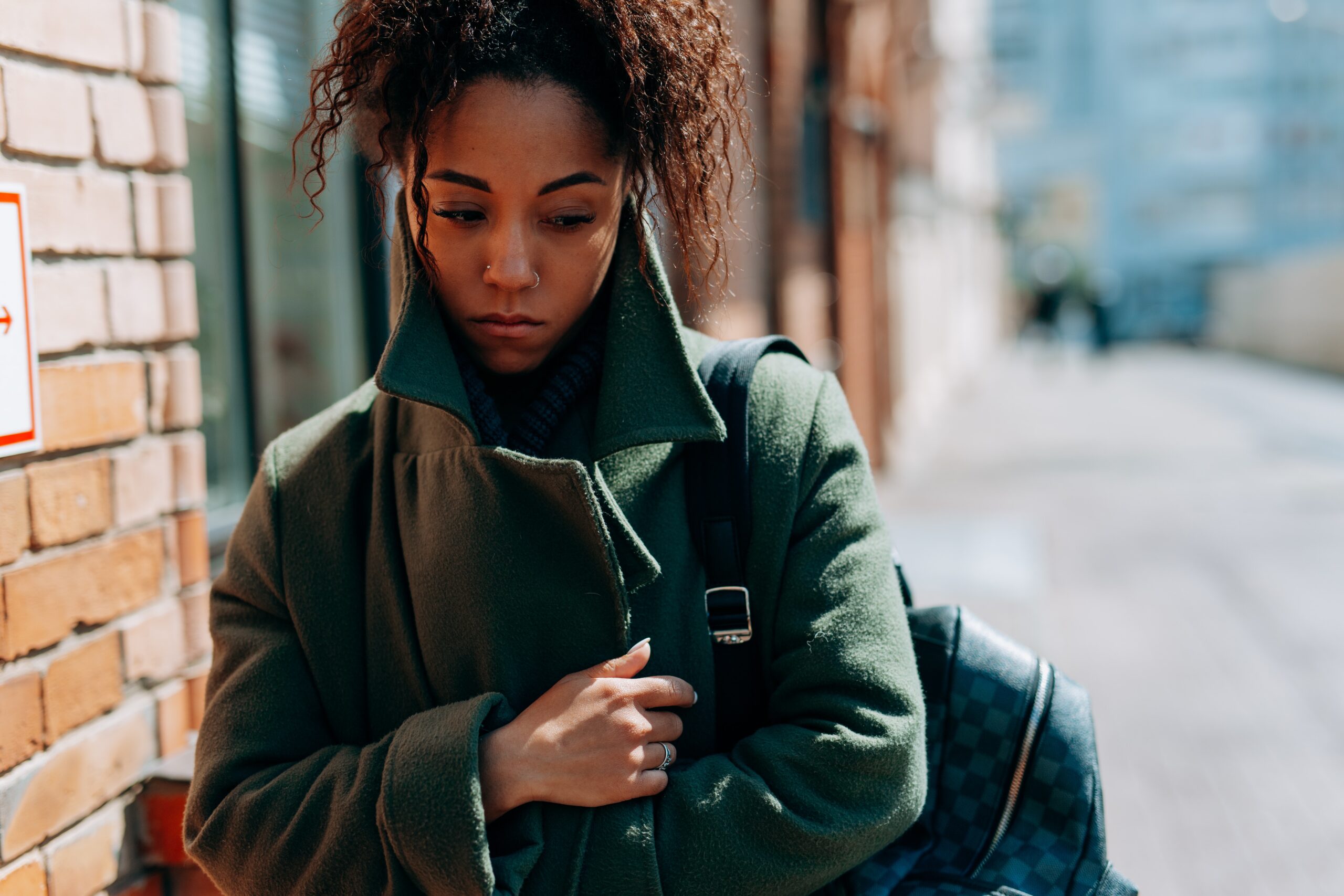In a world that often claims to advocate for justice and fairness, society exhibits a disheartening trend: victim-blaming. This trend is especially glaring when the victims are Black women who’ve encountered harmful relationships or experienced abuse. These women find themselves in the crosshairs of personal trauma and under the unforgiving gaze of public judgment. Instead of offering comfort or aid, many turn to skepticism, dissecting the woman’s actions, history, and choices. From the public to the media, Black women frequently grapple with a barrage of doubt, suspicion, and mockery. In these trying times, the expected societal support often morphs into added pain and isolation.
Megan Thee Stallion and Just Brittany
Take Megan Thee Stallion’s case, a prominent figure in the music industry. When news surfaced that Tory Lanez allegedly shot her, instead of rallying around her, many turned their eyes to her with suspicion. Both fans and media outlets questioned her story, turned her trauma into memes, or joked about the situation. Furthermore, Lanez tormented the “Savage” rapper online, involving others in the fun. Later, Lanez was sentenced to ten years in prison for shooting the Houston rapper, and she was able to receive justice.
Another unfortunate example was in 2017 when a deeply disturbing incident involving singer Just Brittany and rapper Z-Ro came to light. Audio evidence suggested a harrowing ordeal for Just Brittany, yet, shockingly, a lot of public reaction leaned towards mockery rather than support. Both Black men and women took to social media platforms, turning her traumatic experience into a source of amusement or calling the entire ordeal “staged.” This incident didn’t just highlight the challenge victims face when coming forward; it also shed light on the deeply entrenched biases within communities that choose to ridicule rather than rally around a victim.
Credibility of Black Women
Why does society so often blame Black women? Historical narratives steeped in racism and misogyny provide a starting point. Black women have long been painted with broad strokes of prejudice that label them as “aggressive,” “angry,” or “hypersexualized.” These stereotypes have reinforced biases, leading people to question the credibility of Black women, even when they are victims. The systems that should protect them instead perpetuate damaging notions that cast doubt on their testimonies and experiences.
The onus of responsibility seems to lean heavily on the woman in abusive situations. Questions like, “Why did she stay?” or “What did she do to provoke it?” frequently emerge. These questions subtly imply that the woman, especially a Black woman, bears responsibility for the abuse she endures. Instead of focusing on the perpetrator, society interrogates the victim, reinforcing a cycle of blame and disbelief.
The Cultural Pressure on Black Women
Moreover, within the Black community exists a complex web of cultural and societal factors. Black women often bear the weight of being the backbone of their communities. They must remain strong, resilient, and silent about their pain. This cultural expectation perpetuates a dangerous silence, making it challenging for Black women to come forward with their stories. The fear of causing further harm to the image of Black men or feeding into harmful narratives can also deter Black women from speaking out.
The media, too, plays a pivotal role in shaping public perception. When Black women are victims, the media often highlights aspects of their lives irrelevant to the incident, creating a narrative that distracts from the issue. By focusing on a woman’s past, her choices, or her demeanor, media outlets indirectly perpetuate the myth that these factors somehow justify or explain the abuse.
Protect Black Women
It is high time for a collective shift in perspective. Supporting Black women means believing in them, standing with them, and challenging the systems that silence or blame them. Everyone must challenge and change the narratives perpetuating blame to create a world where Black women feel safe, valued, and believed.
For Black women, this means dismantling internalized notions that their worth is tied to their strength or silence. The responsibility falls on society to challenge the status quo and reject the culture of victim-blaming, ensuring that every Black woman gets the support, respect, and justice she deserves. For allies, it requires proactive efforts to educate themselves, challenge biases, and amplify the voices of Black women.
